FAQs: ICF Advantages
Yes. ICF homes may cost a bit more, but you’ll end up with a much stronger structure that costs substantially less to operate. ICF homes are so energy-efficient that the capital and running costs of both heating and air-conditioning is substantially reduced.
ICF offers a substantial reduction in sound transmission and the inside of the home will be quiet in the noisiest of environments.
Every year, ICF is increasingly installed in the UK, however it is difficult to obtain firm figures for the number of homes built each year. It is thought to be somewhere around 2,000 and growing steadily. There is no doubt that most projects fall into the luxury home market.but this is because the large UK builders have not adopted it.
Many small builders are using it on small scale developments.
The benefits of ICF construction are many – energy efficiency, strength, durability, comfort, soundproofing, cleaner air, fire retardant, bullet proof, and in many cases, insurance premium reductions.
Cracks in the walls of residential buildings are caused by foundation movement, drying shrinkage and temperature expansion and contraction. The only type of cracking that creates a risk of structural failure is that caused by foundation movement.
The ICF walls cure very slowly because of the polystyrene enclosures and as a result shrinkage cracking is minimised.
ICF walls form an extremely stiff and robust box when they are used to provide the walls of a house. Because of this subsidence, cracking in an ICF house is virtually unknown.
ICF buildings are expected to last for at least 80 years and will not deteriorate at the rate of a traditional build. This durability ensures that ICF buildings maintain their quality and character throughout the duration of their lifespan, giving the owner great security and reassurance.
ICFs are able to offer superior insulation in both hot AND cold climates. ICF insulation keeps your home cool in the summer and warm in the winter. The proven energy savings and insulating performance effectively dispel this and other common ICF myths.
See Thermal Mass for more information.
Yes, but you should only consider it if you have a substantial amount of basic construction experience and the manufacturer provides day to day support.
ICF homes virtually eliminate mould since they are constructed using the highly effective combination of non-organic materials, EPS and concrete.
ICF walls have been tested up to 2,000° Fahrenheit for up to four hours in fire conditions. Wood-framed walls mostly collapsed within 60 minutes, but the ICF walls did not experience any structural damage. Wood burns, however, concrete does not.
Currently there is a lot of debate about the fire safety of multi-storied blocks of flats built in timber frame.
ICF Construction
Call us if you need more detailed information for your ICF project, browse our technical library and FAQs for construction details using Polybloks.
